Uniqueness
Link to fallen tree on Vimeo
Referring to Earth’s climate emergency, Pearce says: “These trees are at the limit of physics, the greatest expression of nature possible given their environment. They evolved to grow under the conditions we had but don’t have any more. We will never see such trees again.”
From The Guardian
Fire
Like most other places, Tasmania’s average temperatures have risen 1C in the last century and the heatwaves are more frequent and the air drier, a potent fire mix. “The big trees just copped it. The tiny reserves for big trees that remain after 100 years of clearfell logging didn’t stand a chance,” says Pearce.
From The Guardian`∏

Bennets - burned husk with person
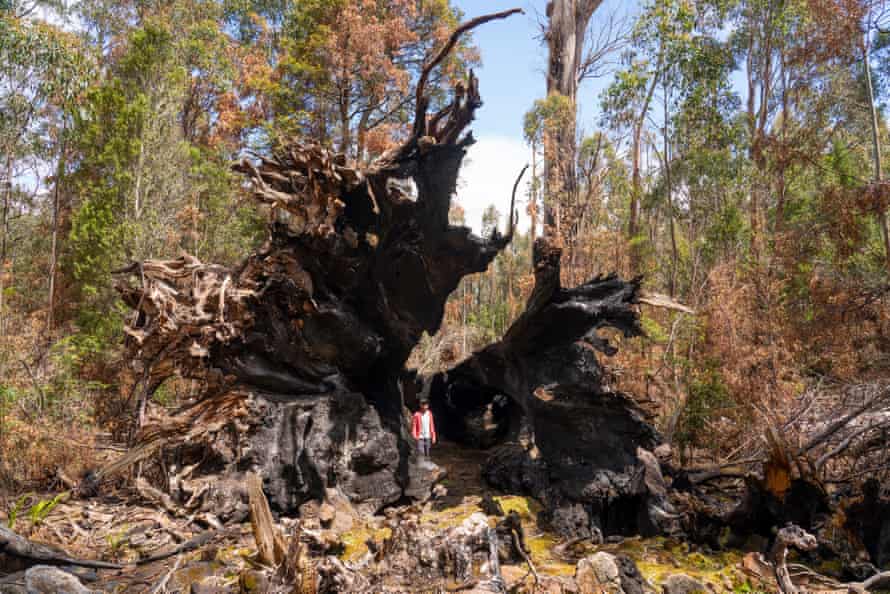
From The Guardian
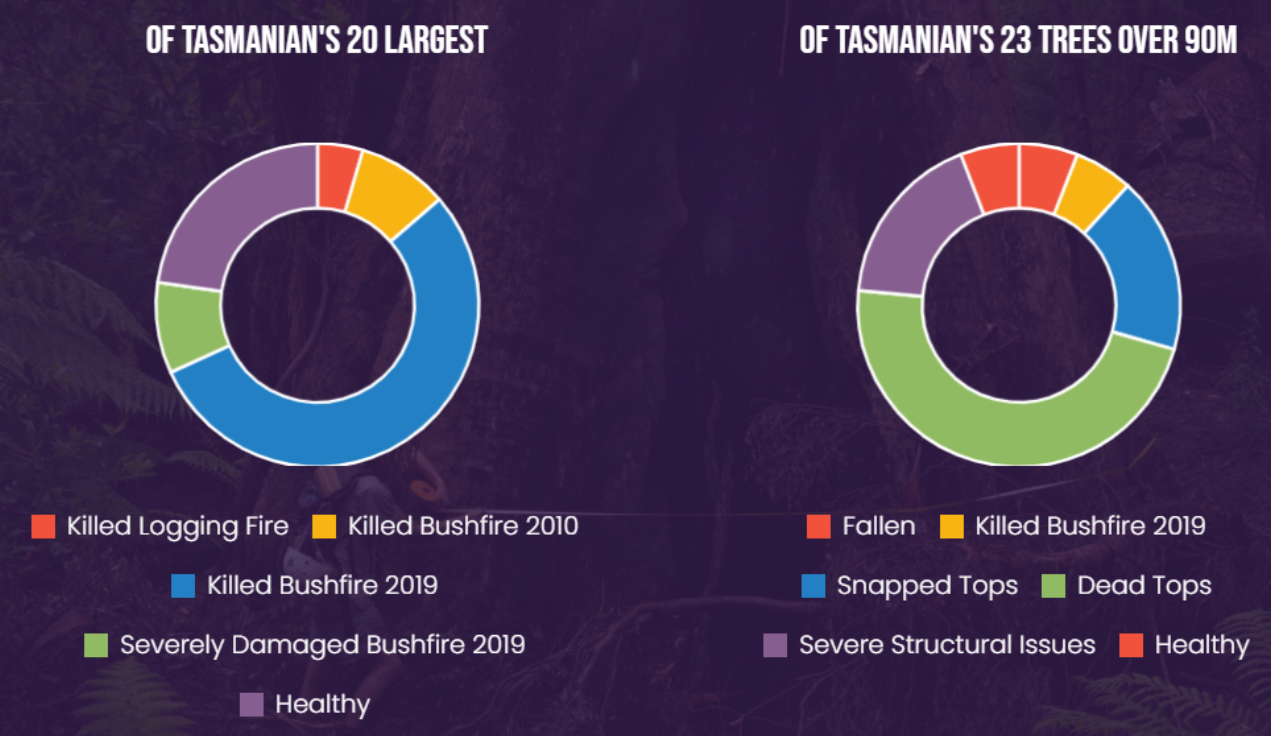
Population Vitals. From The Tree Projects
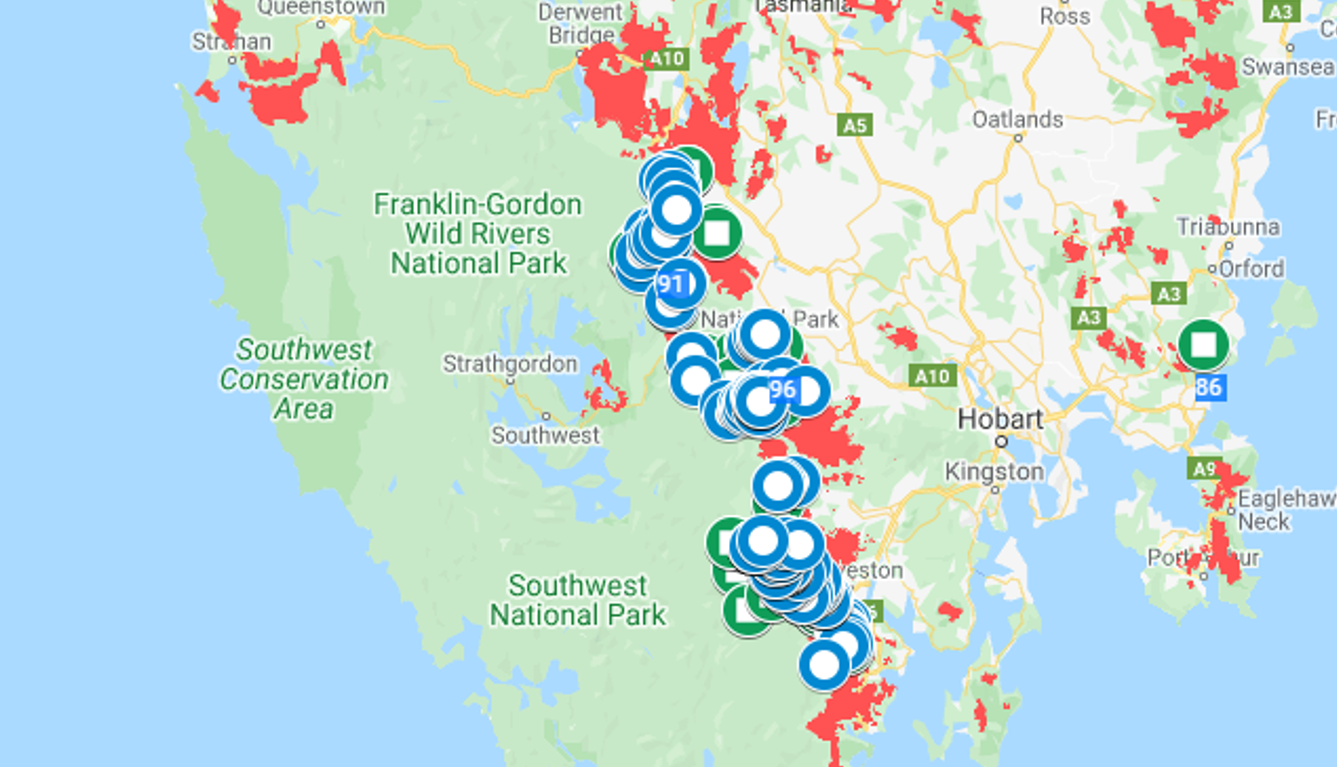
Fires 2019 and large trees. From The Tree Projects
Sites

Location of sites.
(1) Tolken Track, Styx
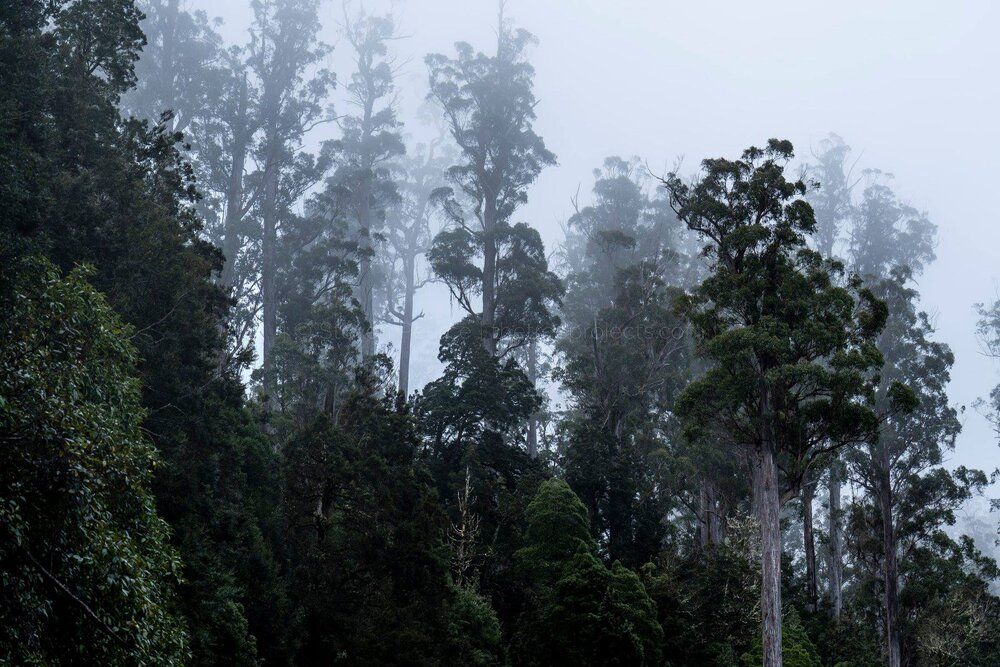 Source: The Tree Projects
Source: The Tree Projects
Some of the remaining giant trees of the Styx Valley were saved from logging by years of dedicated campaigning by the Wilderness Society & Greenpeace. In 2013, part of the Styx Valley was incorporated into the Tasmanian Wilderness World Heritage Area thanks to the Tasmanian Forestry Agreement, which is sometimes called the Forest Peace Deal. Successive Tasmanian governments have worked hard to dismantle this agreement.
This site is home to one of the most successful protest actions which saved the Styx Valley from being logged and saw its rivers and ancient forests added to the Tasmanian Wilderness World Heritage Area in 2013. The Global Rescue Station, a collaboration between Greenpeace and the Wilderness Society, was a series of platforms perched in a magnificent swamp gum where activists from around Australia and the planet lived aloft, sending interviews, photographs and video footage to the world. The tree was named Gandalf’s Staff, and it is the star of this walk that makes its way through a wonderland of ancient trees and luscious ferns suggestive of Tolkein’s Middle Earth.
Source: The Tree Projects
(2) Bennets Road
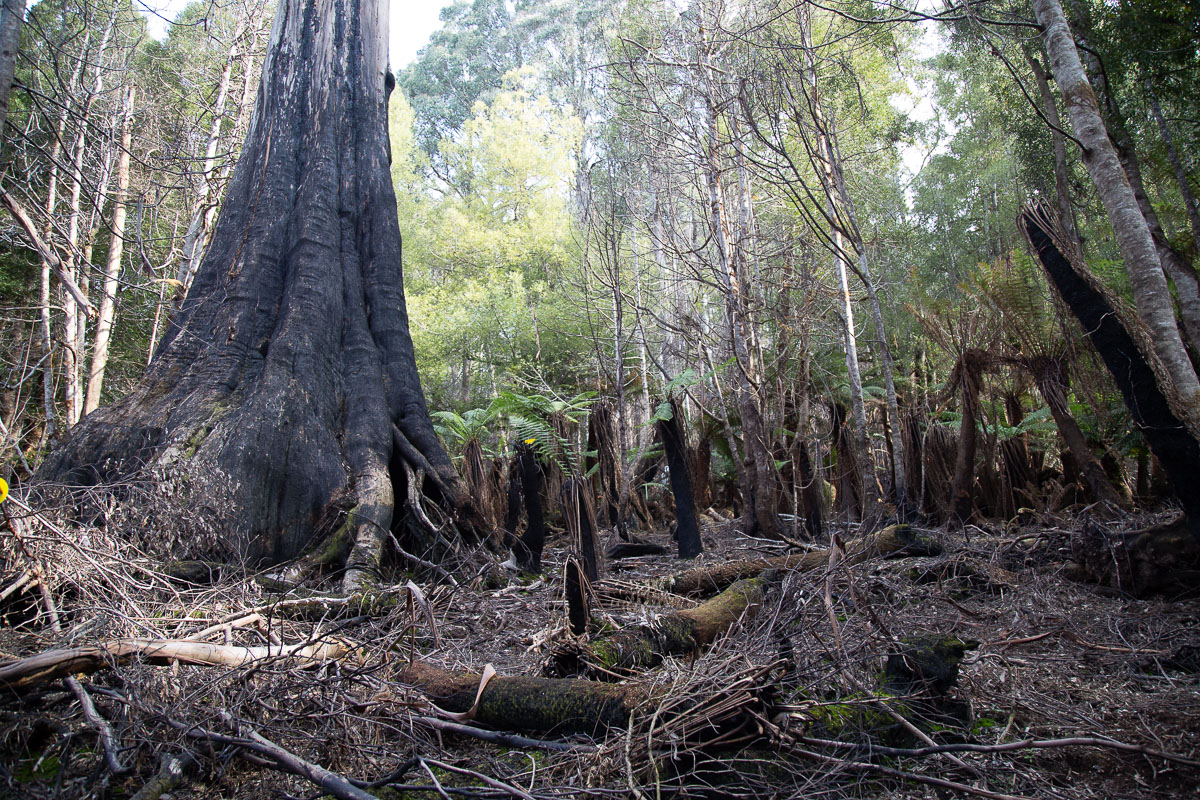
(3)Arve large tree
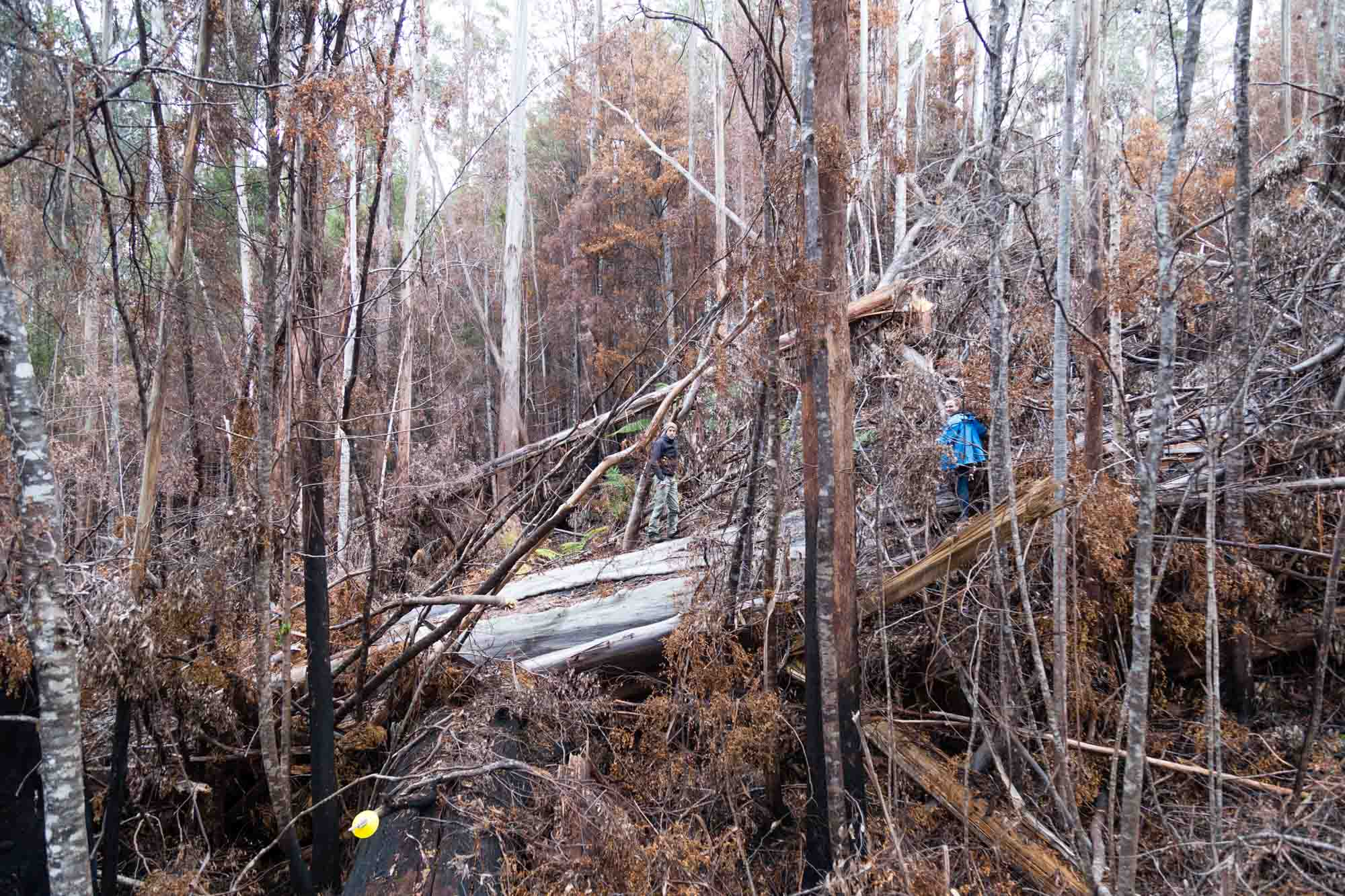
In Australia’s island state of Tasmania, many of the world’s biggest flowering trees lie in ruins after this year’s bushfires. The Arve Giant, a eucalyptus regnans (“king of the eucalypts”), had attracted hundreds of thousands of visitors in recent decades, but it succumbed in January.
Before its fall, it was a contender for the world’s biggest flowering tree by volume at 360 cubic metres, which is roughly the equivalent volume of three Boeing 737-300s. “This tree was 87 metres tall. It had a circumference of 17.2 metres. Now it is just a crumpled mess,” said Pearce.
From The Guardian
Tree Overview
Styx (Living)

Bennets (Burnt but Standing)
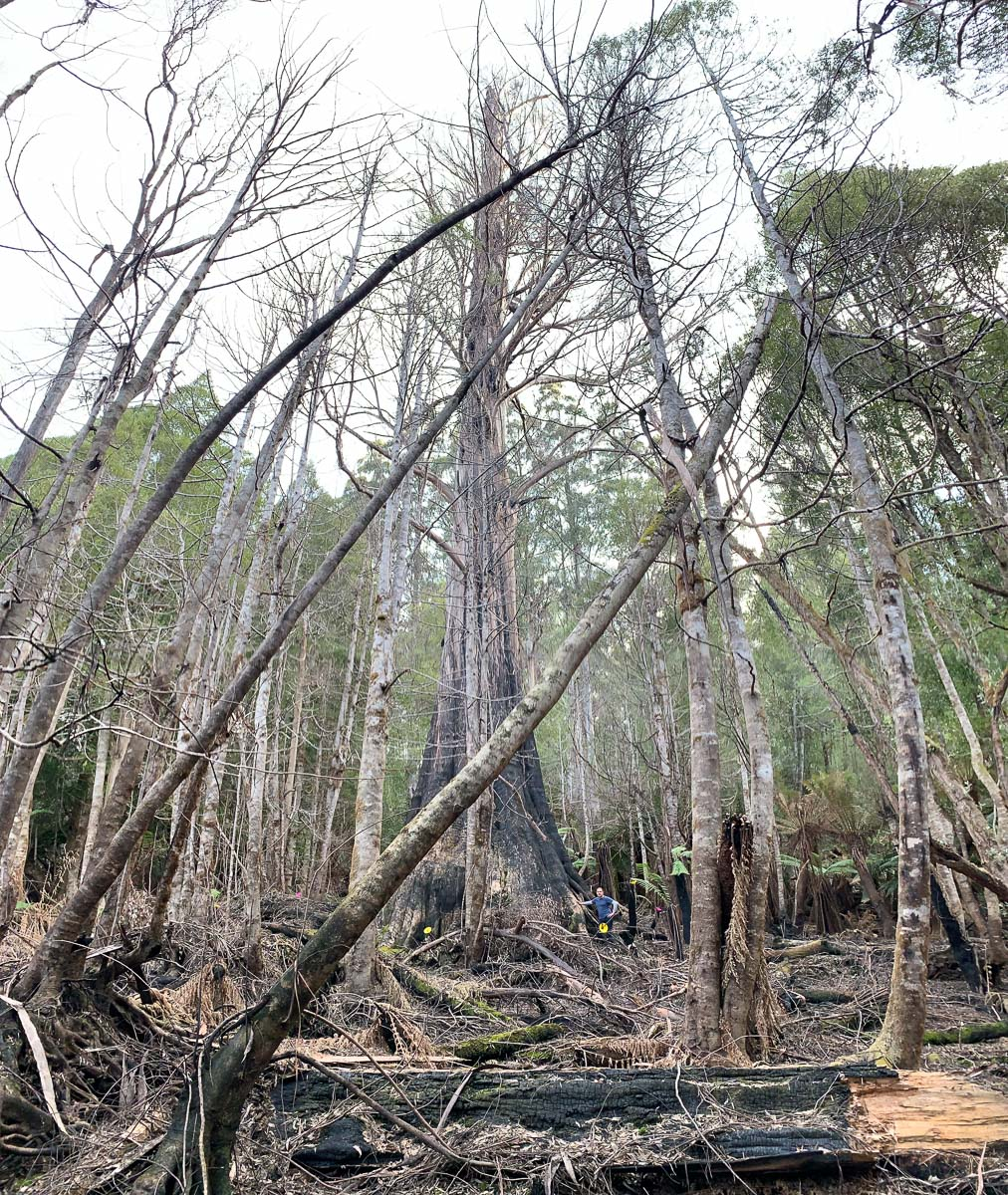
Arve Giant (Collapsed)
 Source: The Guardian
Source: The Guardian
Tree images
Styx
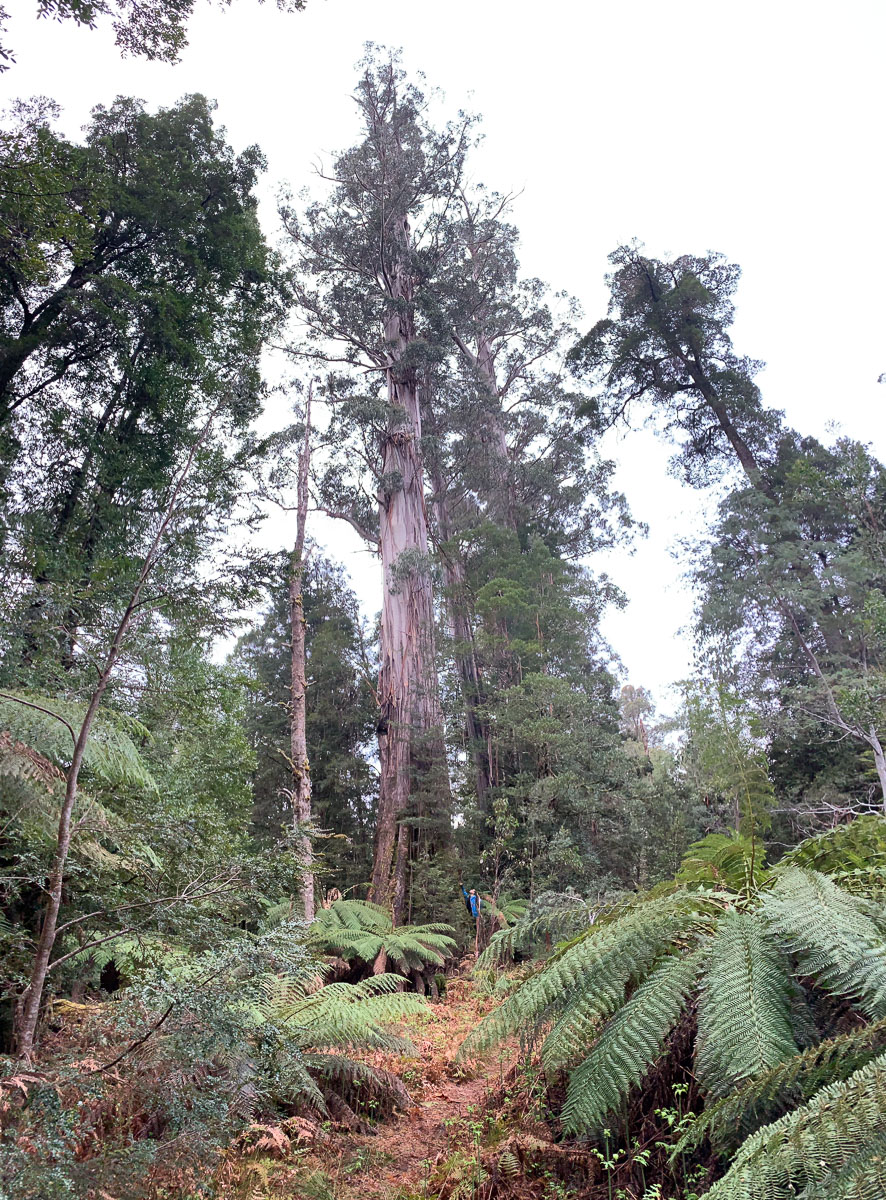
Styx - base
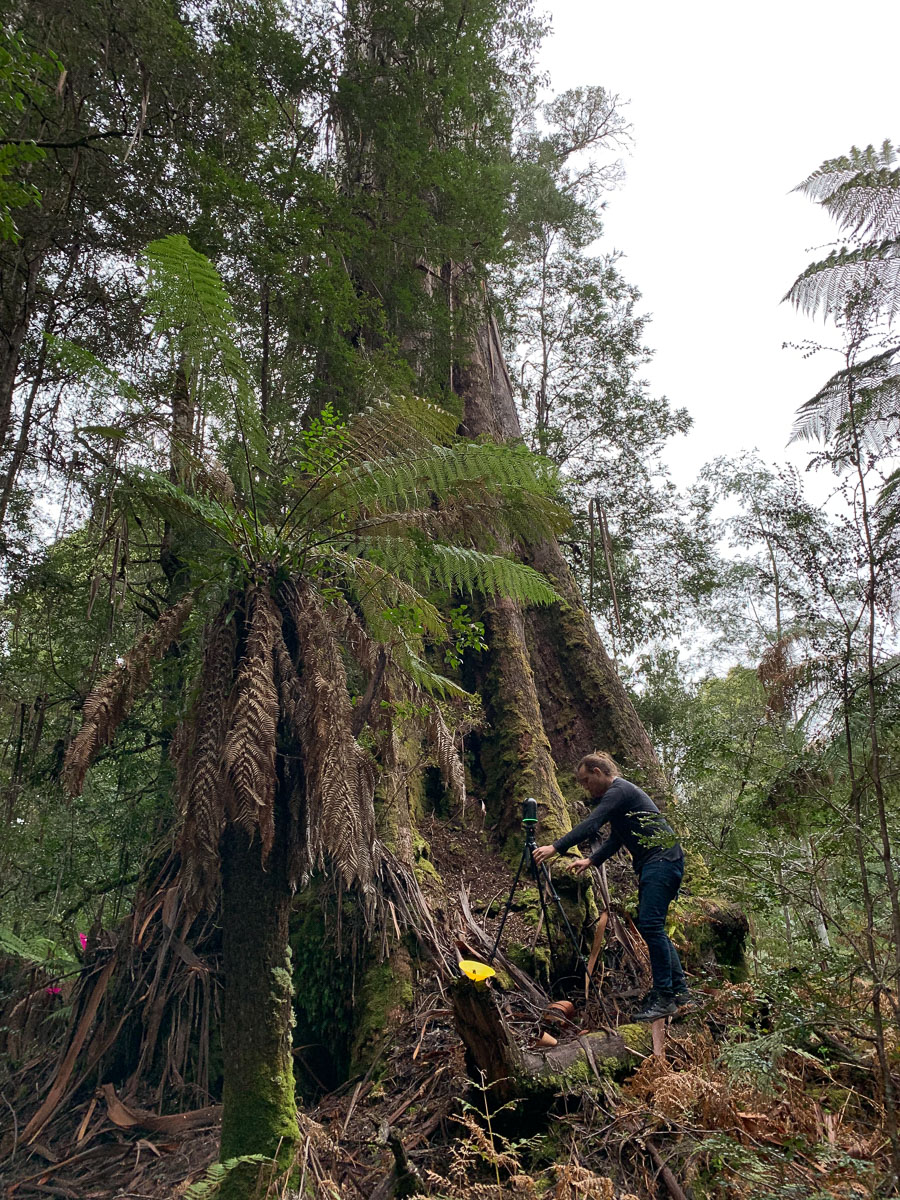
Styx - base
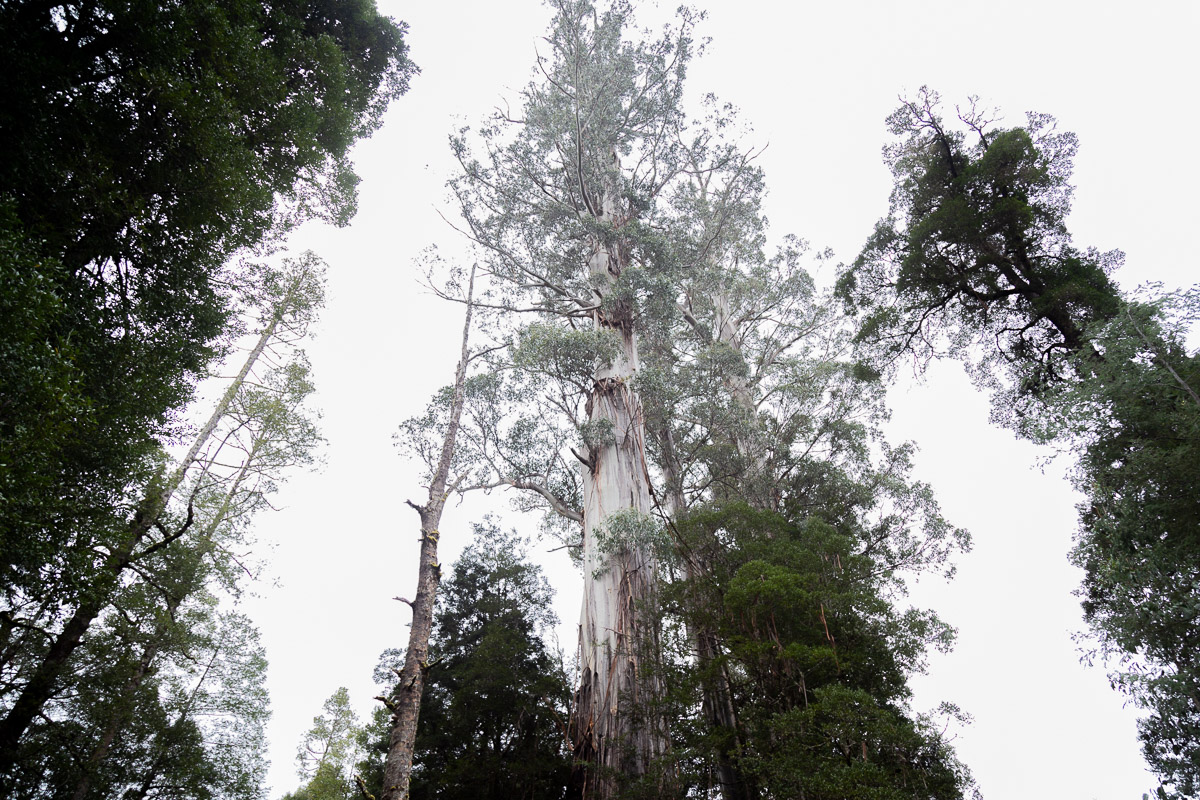
Styx - looking up
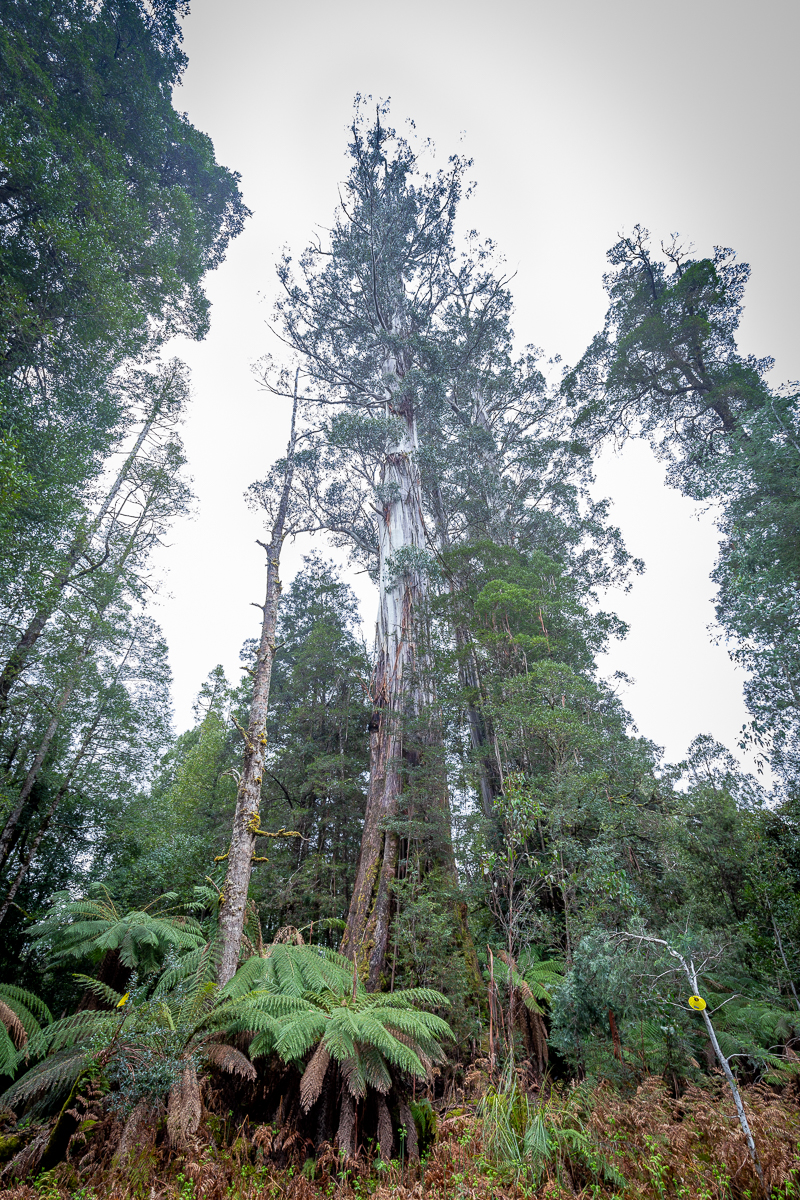
Styx - looking up again
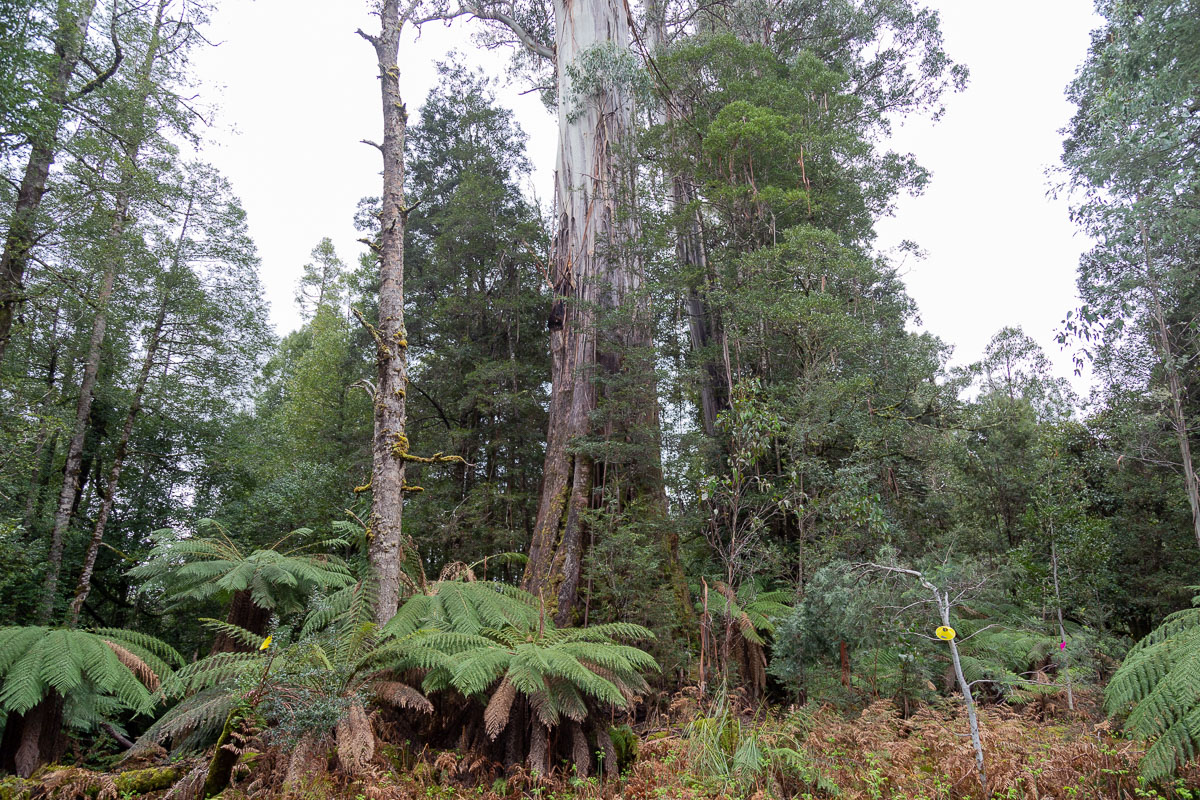
Styx - tree base
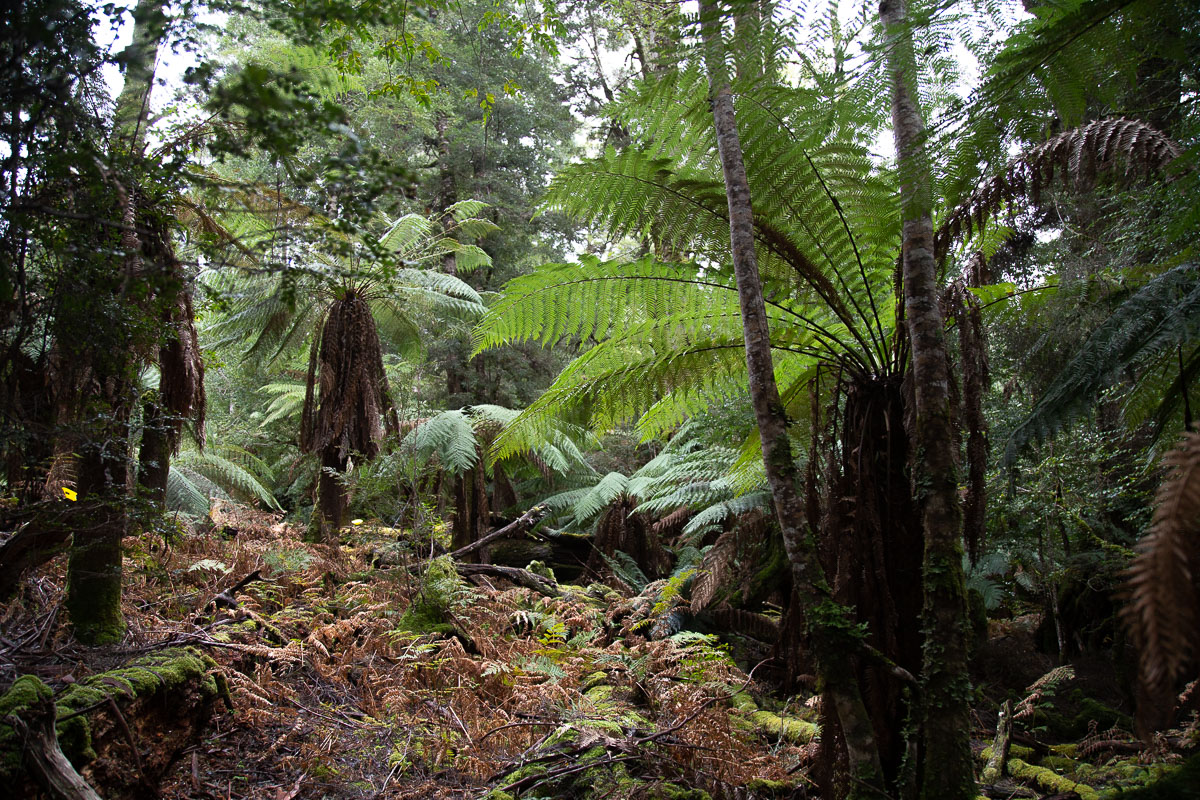
Styx - ferns
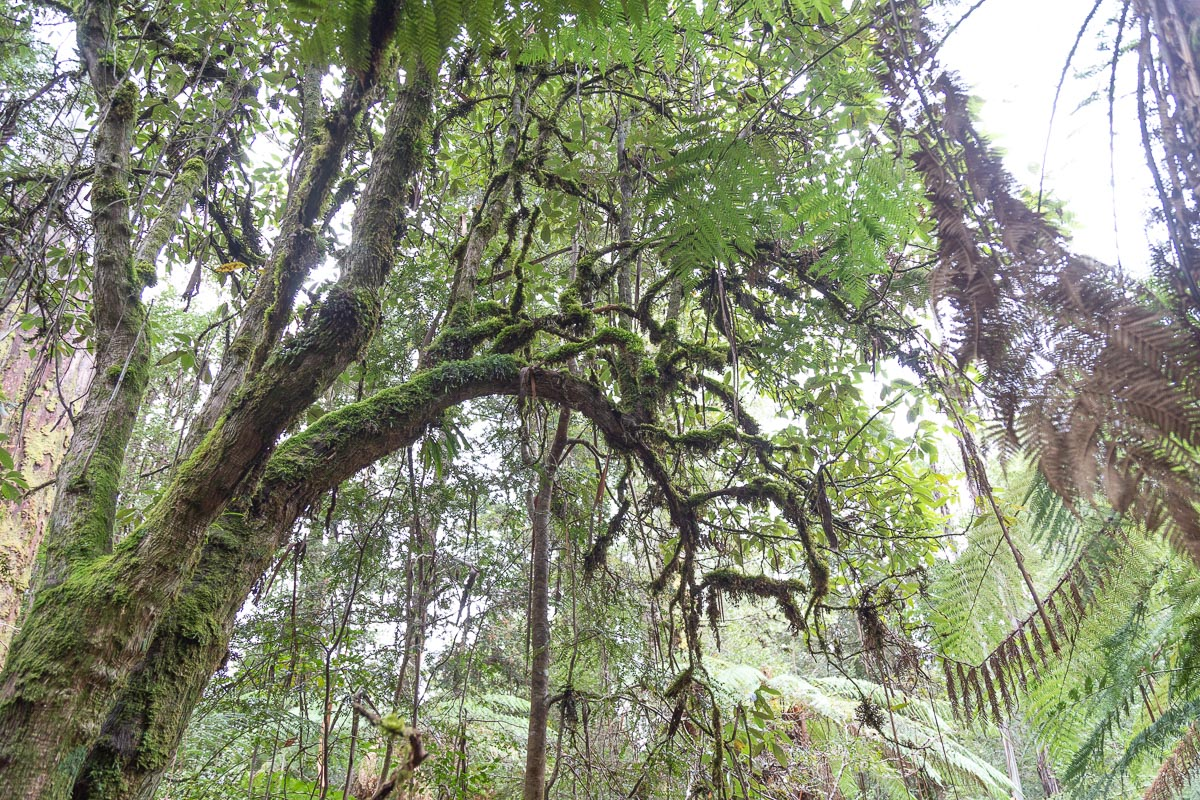
Styx - myrtle
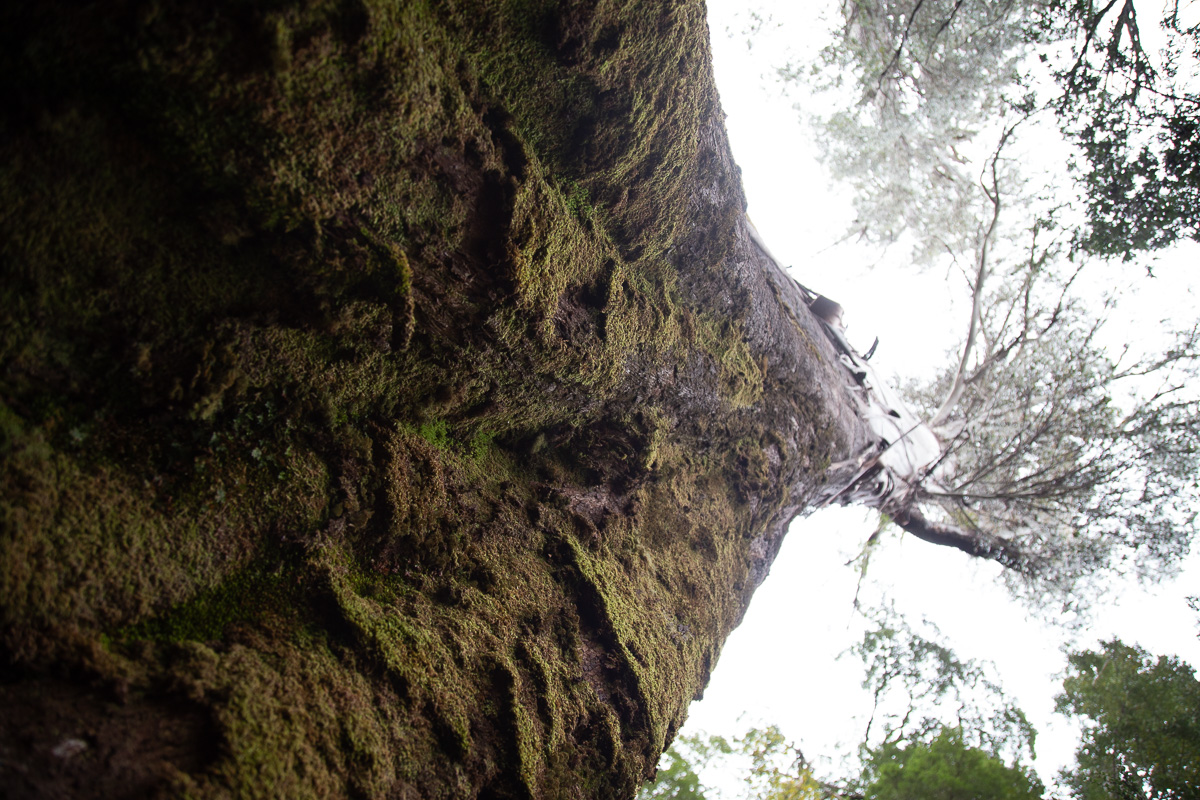
Styx - base
Styx - moss


Styx - moss
Bennets
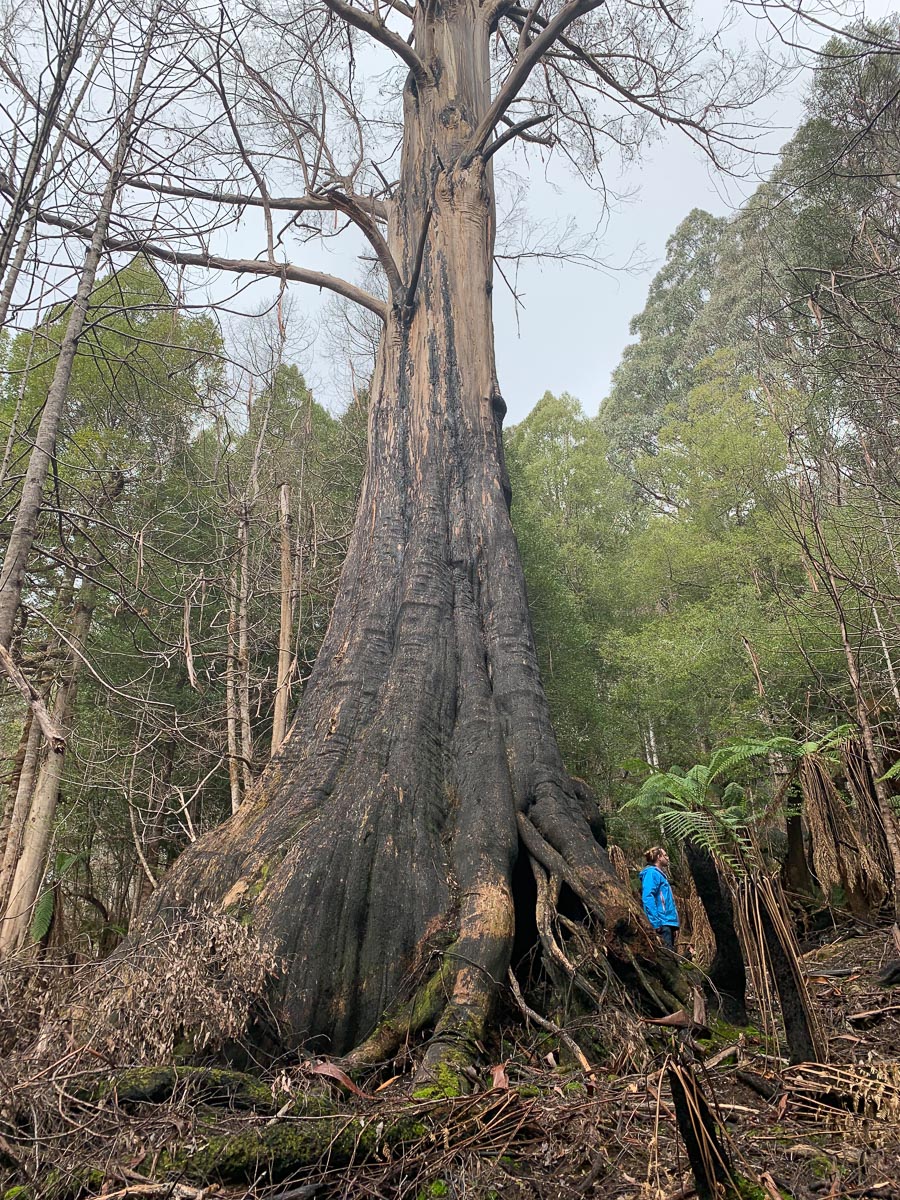
Bennets - burned tree
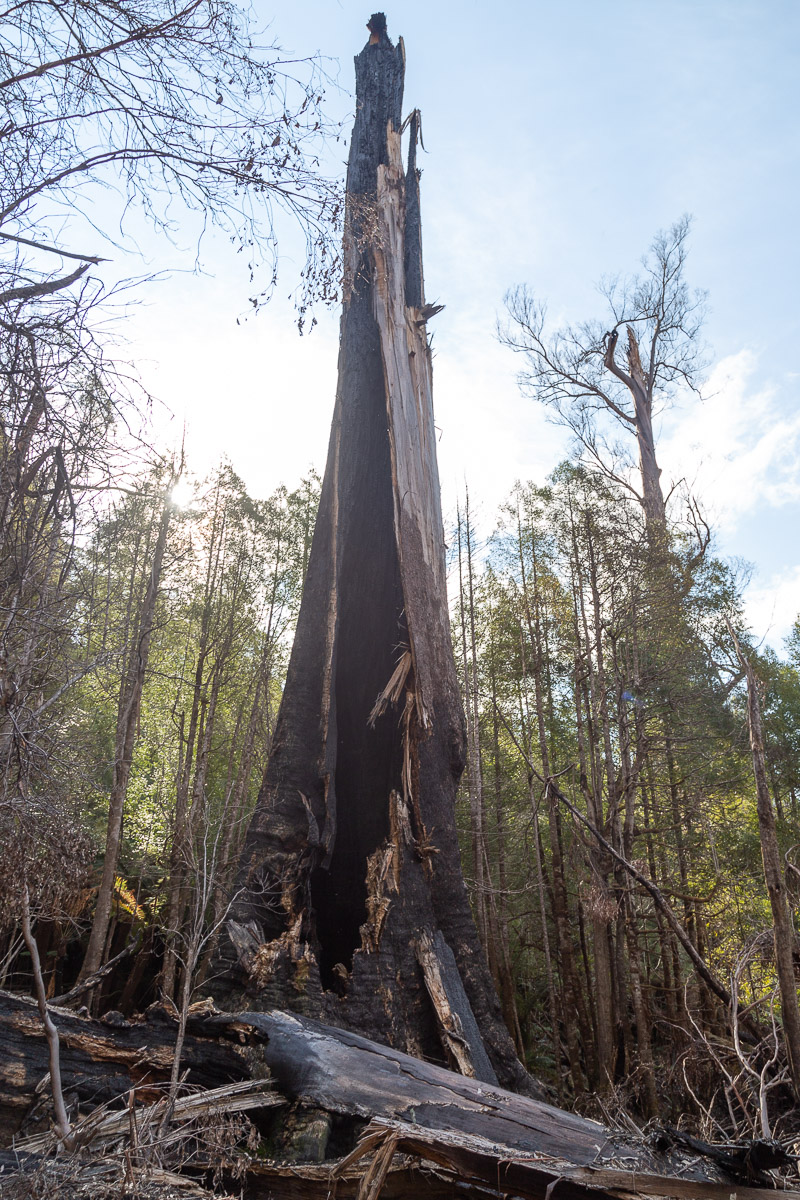
Bennets - burned tree

Bennets - dead tree crown

Bennets - basal bell
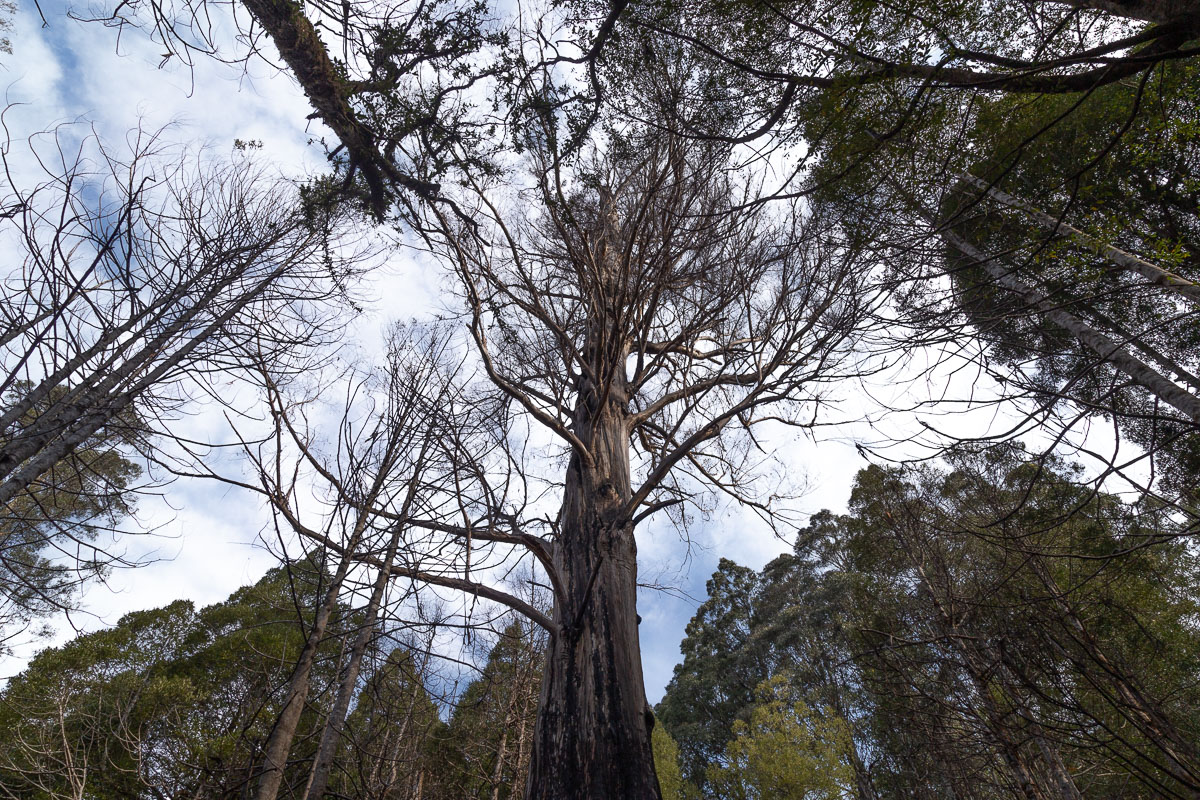
bennets - top
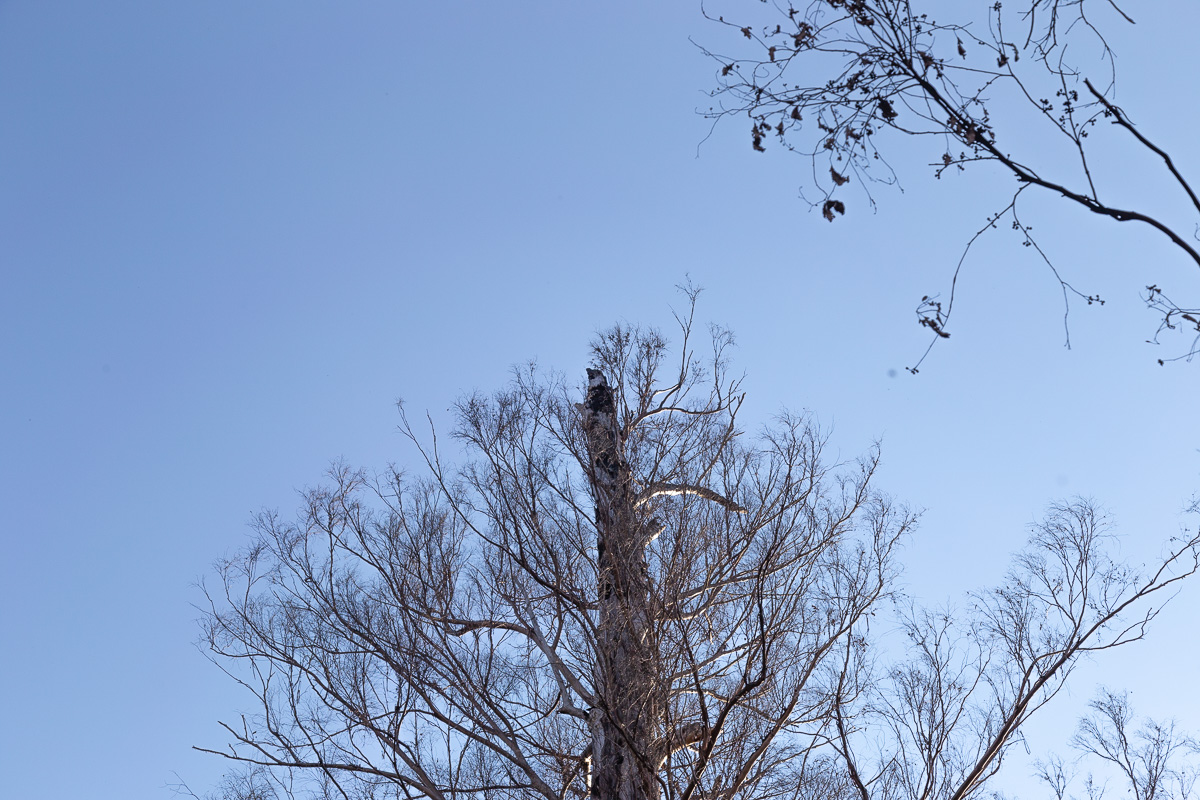
Bennets - top of tree
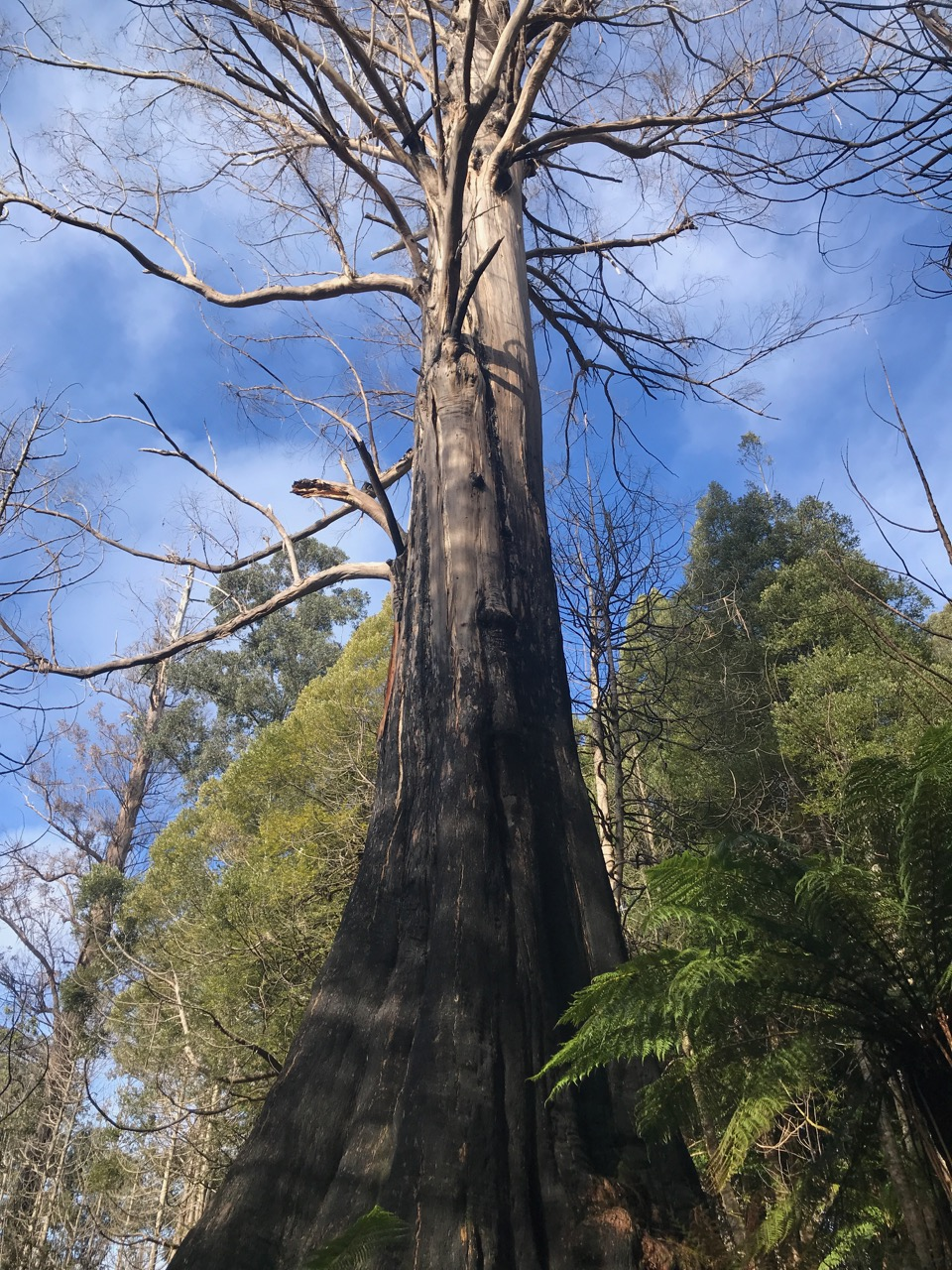
Bennets - Source: Yoav's art guy

Bennets - burned tree
Arve

Arve - platform
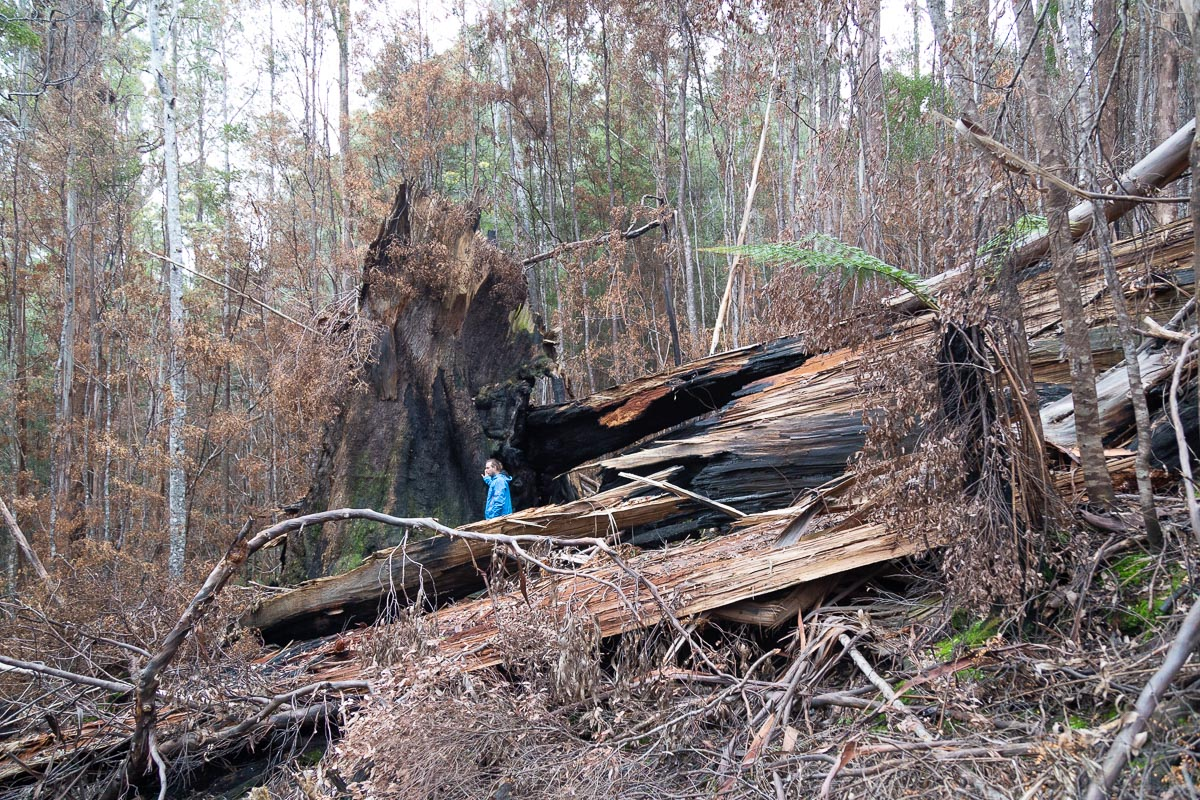
Arve - base
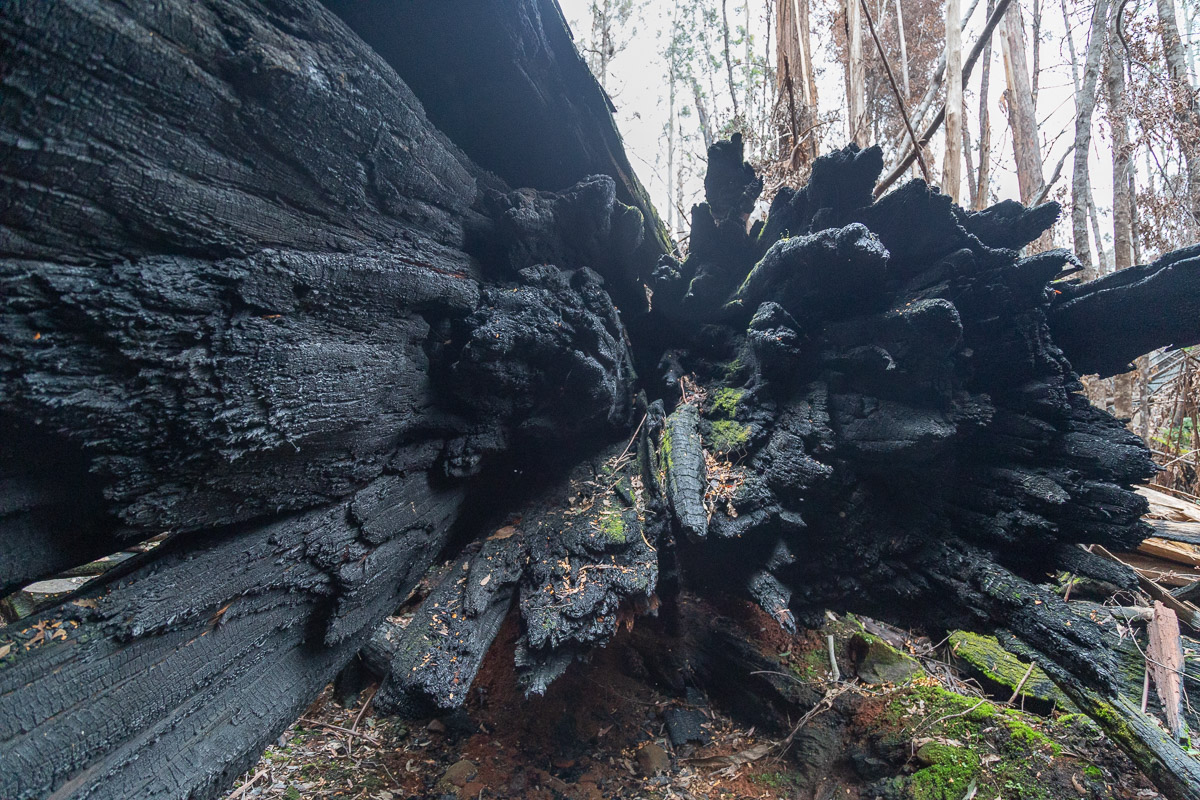
Arve - hollow
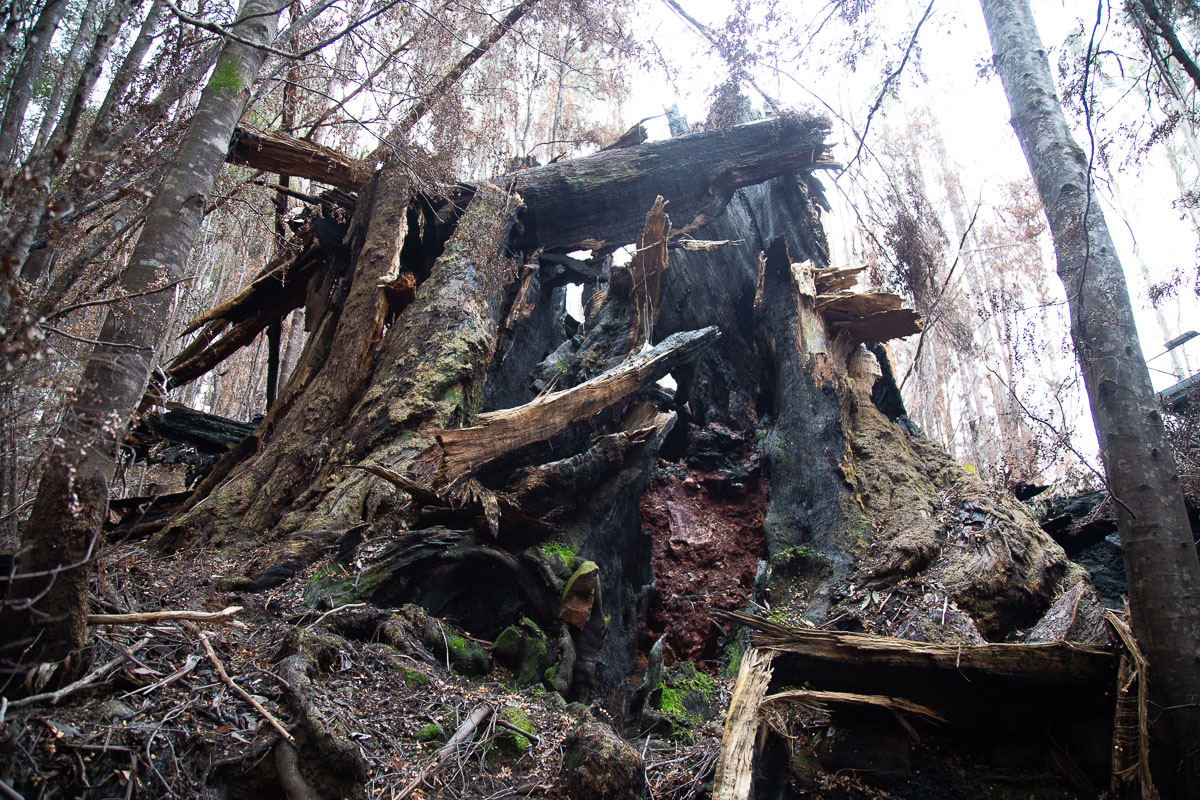
Arve - base
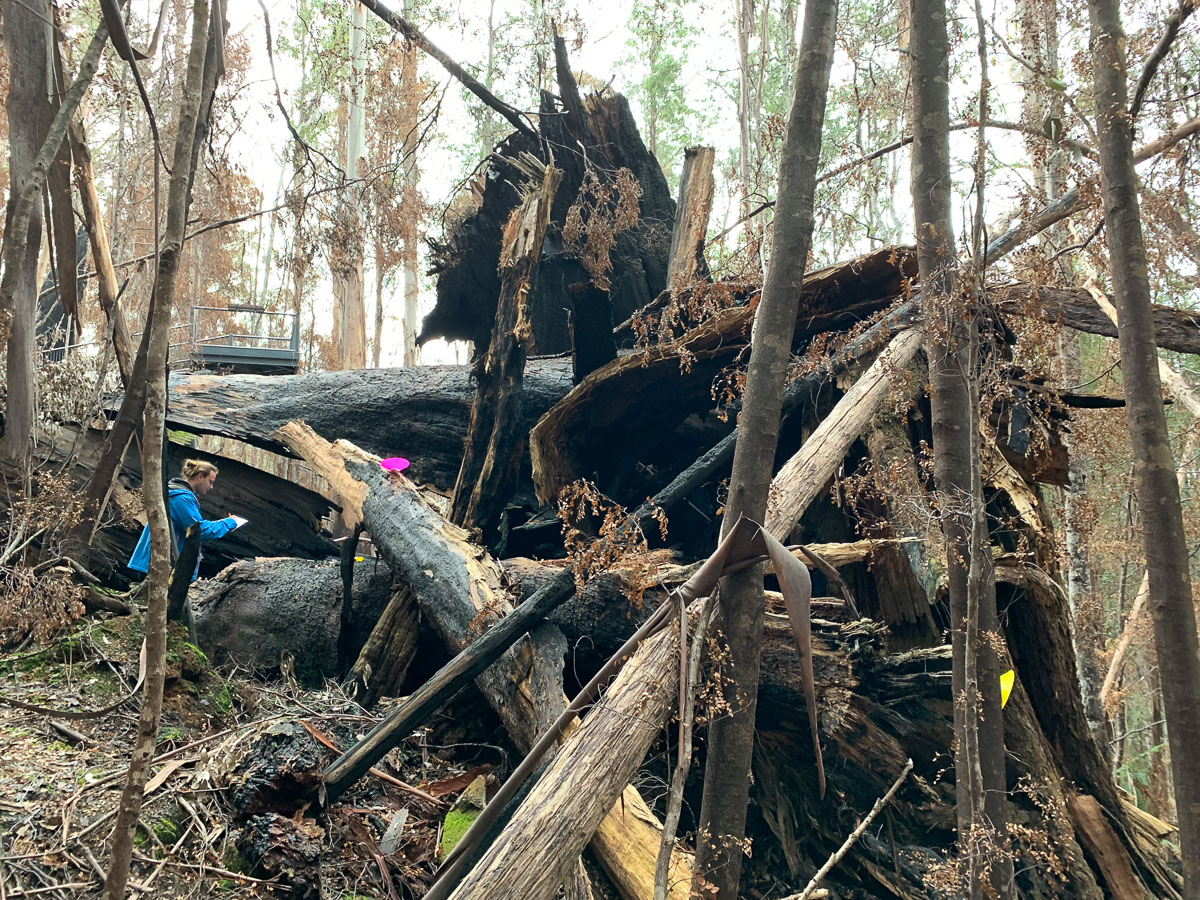
Arve - base

Arve - base
Surrounds
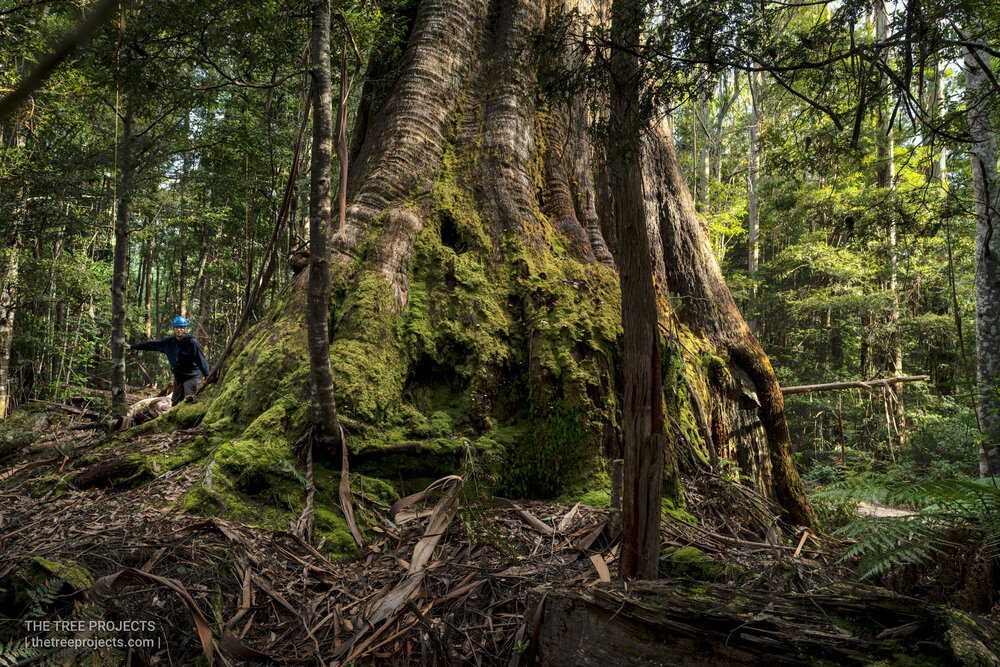
Styx - other tree base. Source: The Tree Projects
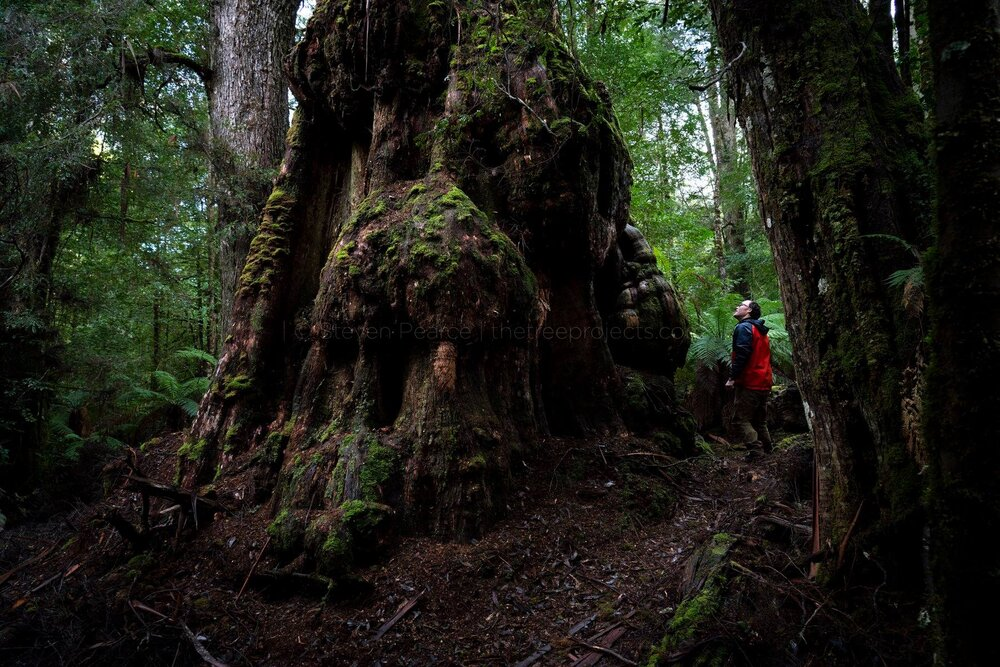
Styx - other tree. Source: The Tree Projects
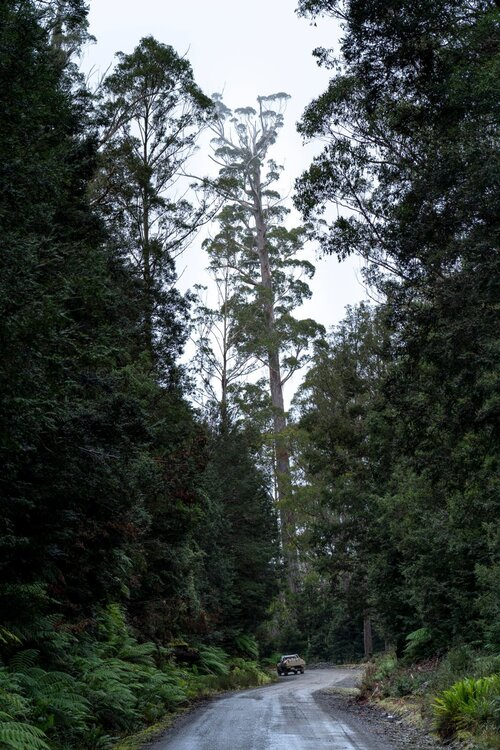
Styx - road with large tree. Source: The Tree Projects
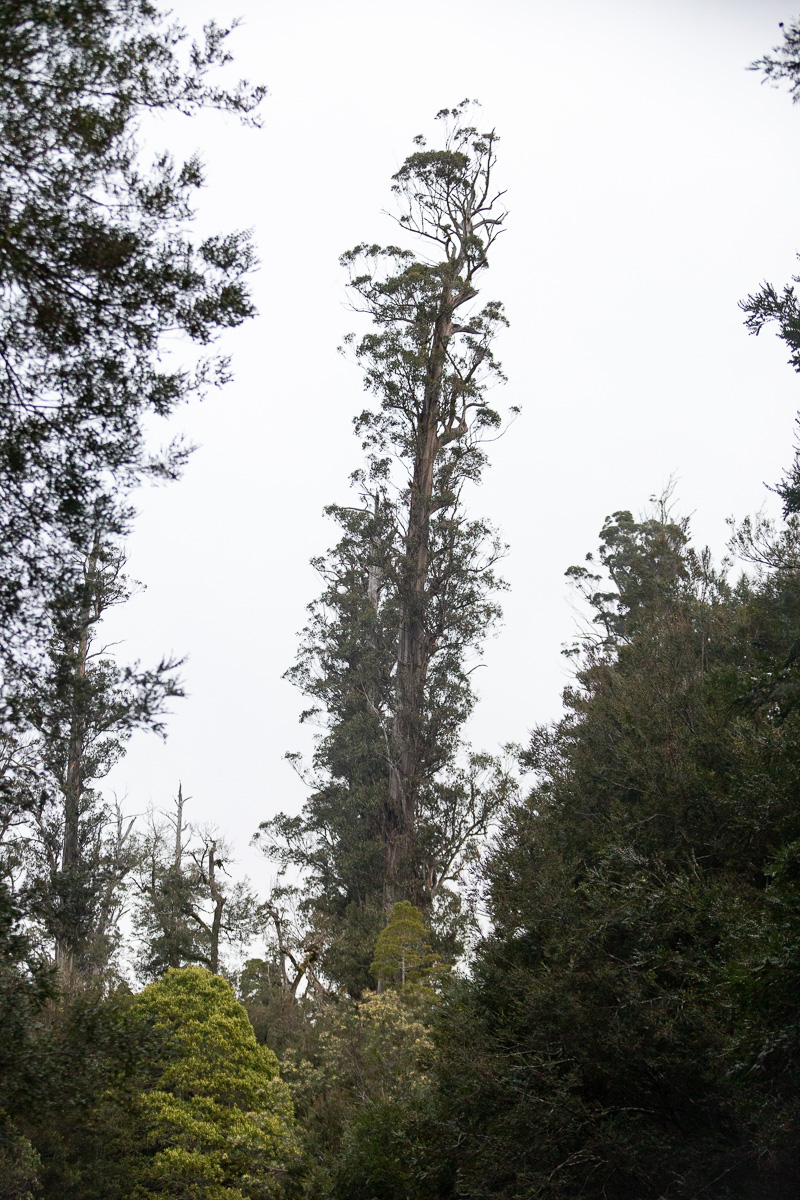
Styx - other tree.
Backlinks